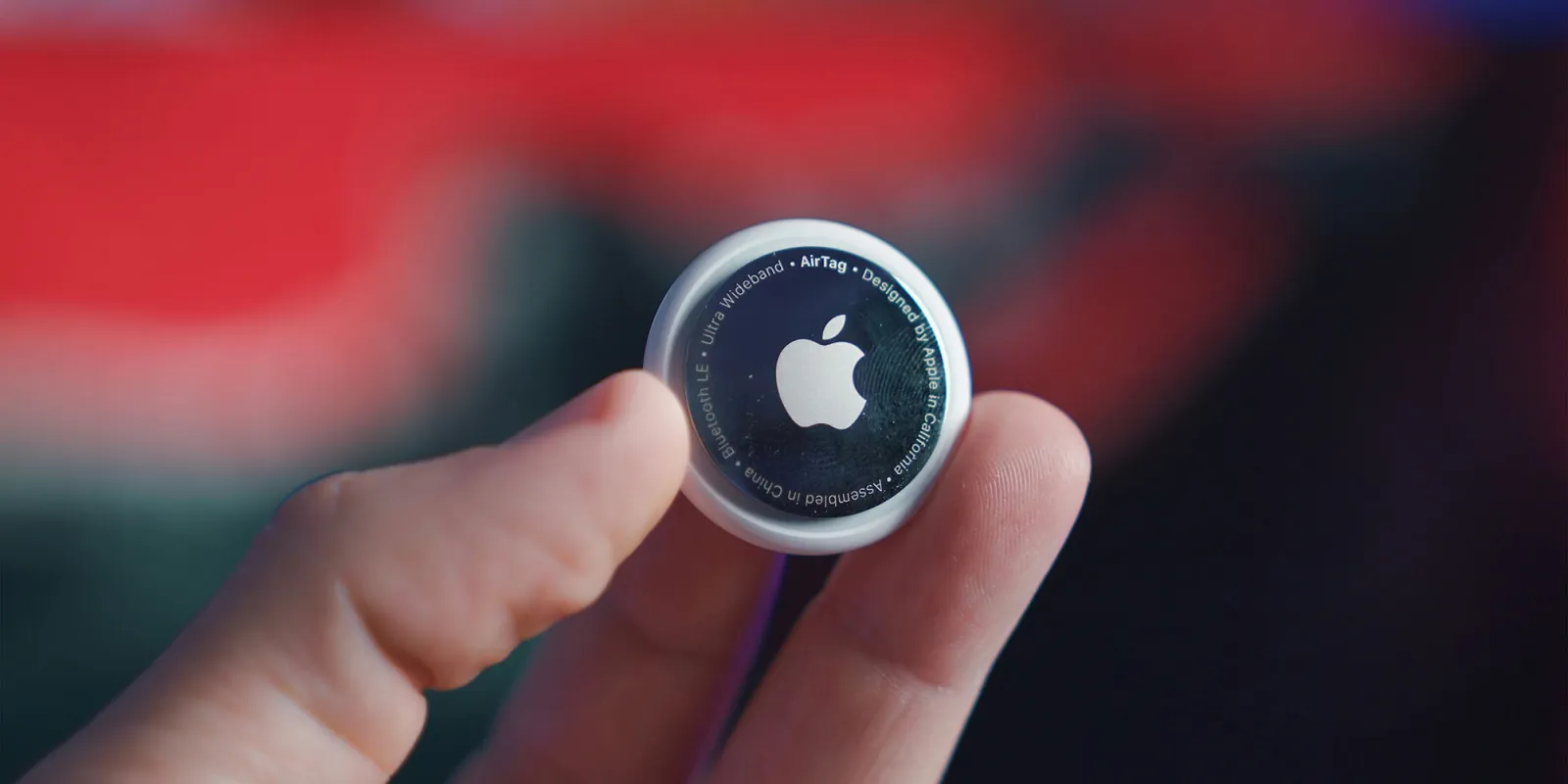Apple is expected to bring major improvements to the iPhone by 2027, focusing on artificial intelligence and memory performance. According to a report by The Information, Apple is working on a special chip for its iPhones that will improve how the device handles AI tasks and manages memory.
This new chip is designed to better manage the iPhone’s CPU, GPU, and memory. It will help future iPhones run AI features more efficiently by improving how they use RAM and store data. This means AI-powered apps could work faster and smoothly.
The chip is part of Apple’s internal plan, known as “Project ACDC.” The goal is to speed up AI processing on the device itself, instead of relying on cloud servers. Apple has been quietly developing this chip since at least 2023.
The project is still in early stages, and it’s not clear if the chip will be ready by 2025 or 2026. However, it’s likely to appear in the 2027 iPhone lineup if things go as planned. It might also be used in other Apple products like Macs or iPads later on.
Apple is expected to reveal more about its AI plans at WWDC 2025. Meanwhile, these new chips could make future iPhones faster, smarter, and more efficient—especially for tasks that use AI.


